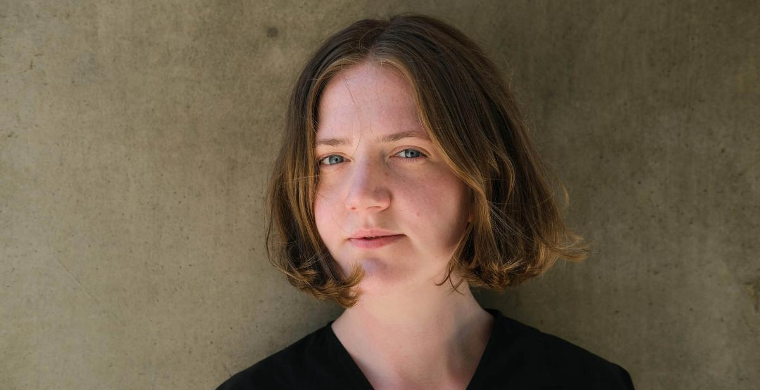Larger Than an Orange by Lucy Burns review -- a poignant account of an abortion
A compelling, brave memoir of the decision to end a pregnancy, and its many consequences
By Laura Hackett
The Sunday Times
September 25 2021,
Despite the recent explosion in motherhood memoirs by Sheila Heti, Rachel Cusk, Maggie Nelson and the like, it is still, in 2021, a brave step for a woman to speak openly about choosing not to continue a pregnancy. We should applaud the writer and essayist Lucy Burns, then, for Larger Than an Orange, a visceral account of an abortion that is praiseworthy not only for the conversations it will spark, but for its beautiful prose, emotional intensity and unabashed complexity.
The story begins in 2017 with Burns, then 26, telling a medical professional that she wants to have an abortion. That professional becomes One -- the first in a long list of people who know about the abortion. Burns becomes obsessed with counting these people: Two is her sexual partner; Three and Four friends. None has a name -- her relationships with them are redefined in light of what is happening to her.
The abortion is described in shocking and graphic detail -- and it is a long, drawn-out process. However, it all takes place within the first quarter of the book. What follows is a period of grief and shame, Burns's obsessive researching of anti-abortion arguments, the reactions of friends, family and colleagues, and a long recovery.
She still hasn't stopped bleeding when she decides to have an IUD fitted, after medical pressure to do so. She then develops a range of worrying symptoms -- heavy bleeding, diarrhoea, cramps and back pain. Doctors tell her these could be due to the abortion, or the IUD, or even endometriosis. "It's really a question of pain management," she is told when she asks for further tests.
This is not an easy read -- either in terms of the graphic and distressing content or the fragmented style, switching between Burns's own thoughts and a collage of medical documents, anti-abortion leaflets and the reactions of others. Yet it is compelling; as she picks apart conversations with doctors, researches her own medical history and the legal history of abortion in the UK, the book becomes a kind of whodunnit. Who is to blame for how horrible this is?
There is no single villain. Medical staff humiliate her and employers are cold and indifferent. But Burns never forgives herself either -- she knows the abortion was necessary, but at the same time she thinks, "It was disgusting and wrong." The book's energy is born out of the tension between these two beliefs.
By the end of the book Burns counts 52 people who know about the abortion. With its publication that number will increase exponentially. There is a kind of freedom in this, which means that, although there is no happy ending, the book's very existence is hopeful. The point is to start a conversation -- and Larger Than an Orange will certainly do that.
Larger Than an Orange by Lucy Burns
Chatto £10.99 pp 240














